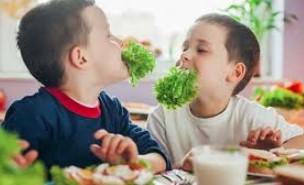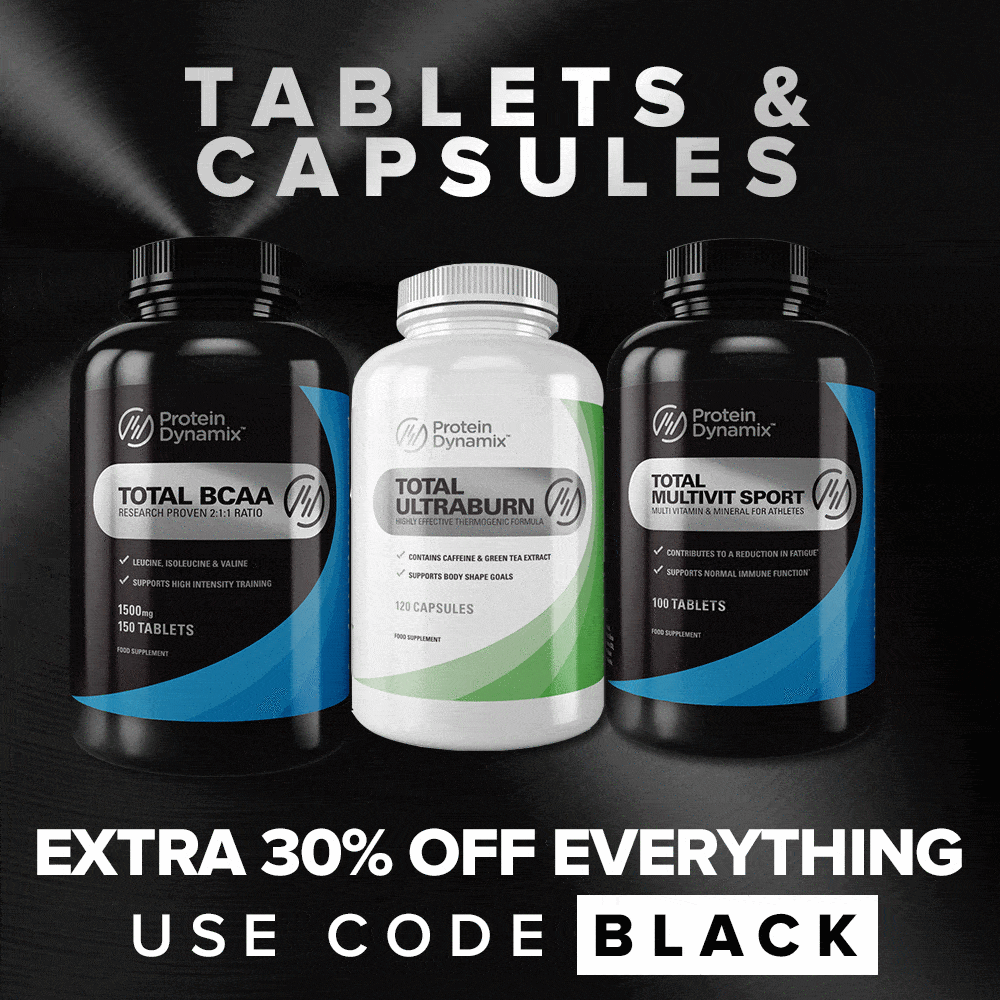Food & Nutrition - Healthy Kids
We want the best for our children and that includes keeping them well nourished. Whether you have a toddler or a teen, you can improve your kid’s nutrition and encourage smart eating habits in a number of ways including regular family meals where you sit together. A variety of healthy foods and snacks will keep kids interested in food and if they see adults eating the same foods, they will likely follow these role models. Involving kids in the process of what they take into their bodies will also reduce the number of arguments they might raise.
Guideline for a healthy diet for kids
You want your kids to achieve and maintain a healthy weight, be physically active. You need to choose nutritious food and drinks to meet their energy needs to grow and develop normally.
Kids should be able to enjoy a wide variety of nutritious foods each day from the five main food groups:
- Plenty of vegetables of different types and colours
- Fruit
- Eat mostly wholegrain foods or high fibre breads, cereals, rice, pasta, noodles, polenta, couscous, oats, quinoa and barley
- Lean meats and poultry, fish, eggs, tofu, nuts and seeds, plus peas and beans
- Milk, yoghurt, cheese and/or their alternatives. For kids over the age of two years, eat mostly reduced fat. Reduced fat milks are not suitable for children under two-years of age.
A healthy breakfast will set the kids up for the day. Keeping hydrated with water instead of sugary drinks will also help kids not confuse thirst with hunger. Get your kids involved in learning about foods, how they are grown and where they come from. Try new foods and recipes and ask them to help with the preparation and cooking.

Make meal times time for the family, so turn off the computer and all gadgets. All these things will provide kids with a healthy lifestyle that they can use for the rest of their lives since kids who grow up in families that enjoy a variety of nutritious foods from the five food groups are more likely to make their own healthy choices as they get older.
Other suggestions to support good nutrition for kids is to choose ‘everyday foods’ for home and school from the five food groups, saving foods outside of these food groups for special occasions. These are food and beverages high in calories, saturated fat, sugars and salt.
Healthline Partner Solutions
Get Answers from a Doctor in Minutes, Anytime
Have medical questions? Connect with a board-certified, experienced doctor online or by phone. Pediatricians and other specialists available 24/7.
Suggested Nutritional Intake
1,000-1,400 calories depending on growth and activity level, to include 2-4 ounces of protein, one/one-and-a-half cups each of vegetables and fruit, 3-5 ounces of grains and 2 cups of dairy.
1,200-1,800 calories depending on growth and activity level, to include 3-5 ounces of protein, one/one-and-a-half cups of fruit and up to 2 cups of vegetables, 4-6 ounces of grains and 2.5 cups of dairy.
1,400-2,200 calories depending on growth and activity level, to include 4-6 ounces of protein, one-and-a-half or 2 cups of fruit and up to 3 cups of vegetables, 5-7 ounces of grains and 3 cups of dairy.
1,600-2,600 calories depending on growth and activity level, to include 5-6.5 ounces of protein, one-and-a-half or 2 cups of fruit and up to 3.5 cups of vegetables, 5-9 ounces of grains and 3 cups of dairy.
1,800-2,400 calories depending on growth and activity level, to include 5-6.5 ounces of protein, one-and-a-half or 2 cups of fruit and up to 3 cups of vegetables, 6-8 ounces of grains and 3 cups of dairy.
2,000-3,200 calories depending on growth and activity level, to include 5.5-7 ounces of protein, 2-2.5 cups of fruit and up to 4 cups of vegetables, 6-10 ounces of grains and 3 cups of dairy.
Best Kids Nutrition Supplements
Most kids who eat healthily do not need nutrition supplements, but for those kids who aren't eating regular, well-balanced meals made from fresh, whole foods, or who are picky eaters or on a restricted diet, there are six main vitamins and minerals you want to be sure each kid has.
Vitamin A promotes normal growth and development; tissue and bone repair; and healthy skin, eyes, and immune responses. Vitamin Bs. The family of B vitamins -- B2, B3, B6, and B12 -- aid metabolism, energy production, and healthy circulatory and nervous systems. They also promote healthy muscles, connective tissue and skin as well as bone and tooth formation and help the body absorb calcium.
Calcium helps build strong bones as a child grows. Iron builds muscle and is essential to healthy red blood cells. Iron deficiency is a risk in adolescence, especially for girls once they begin to menstruate.

